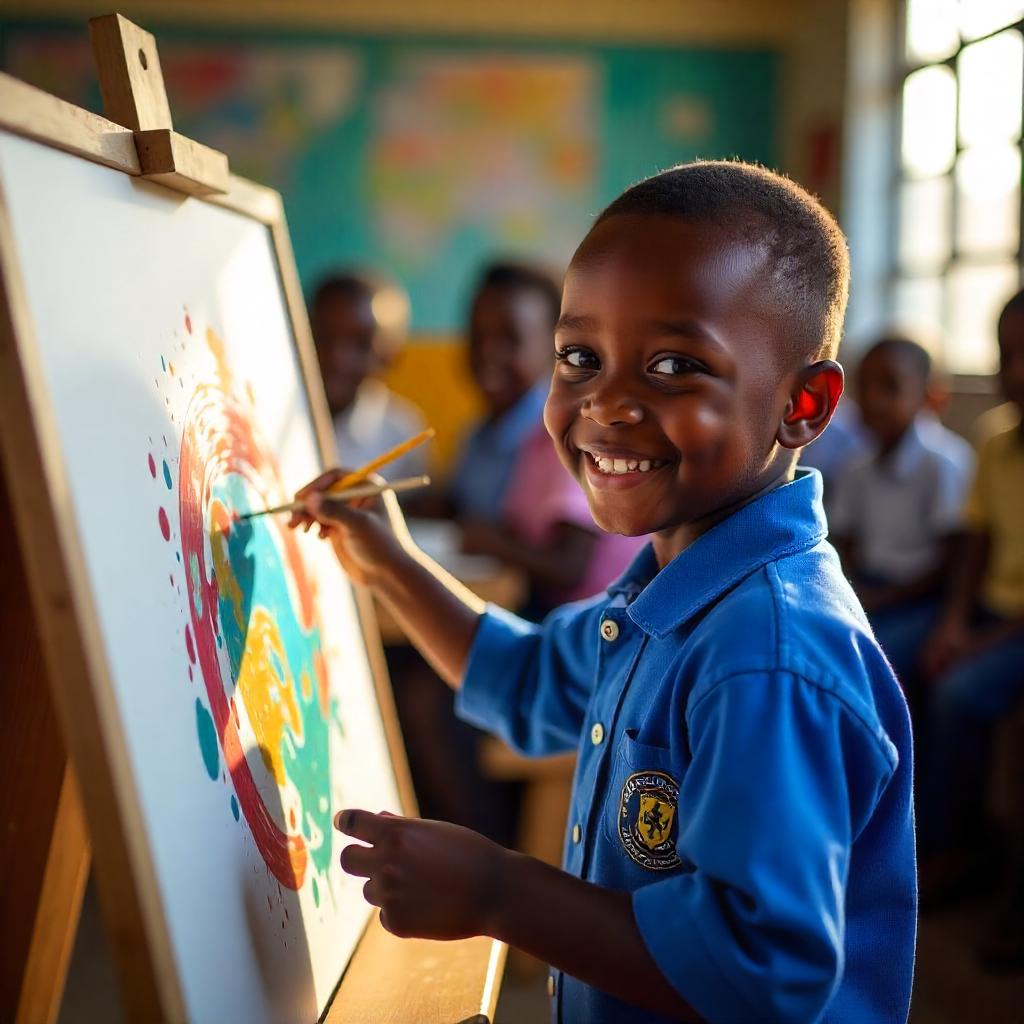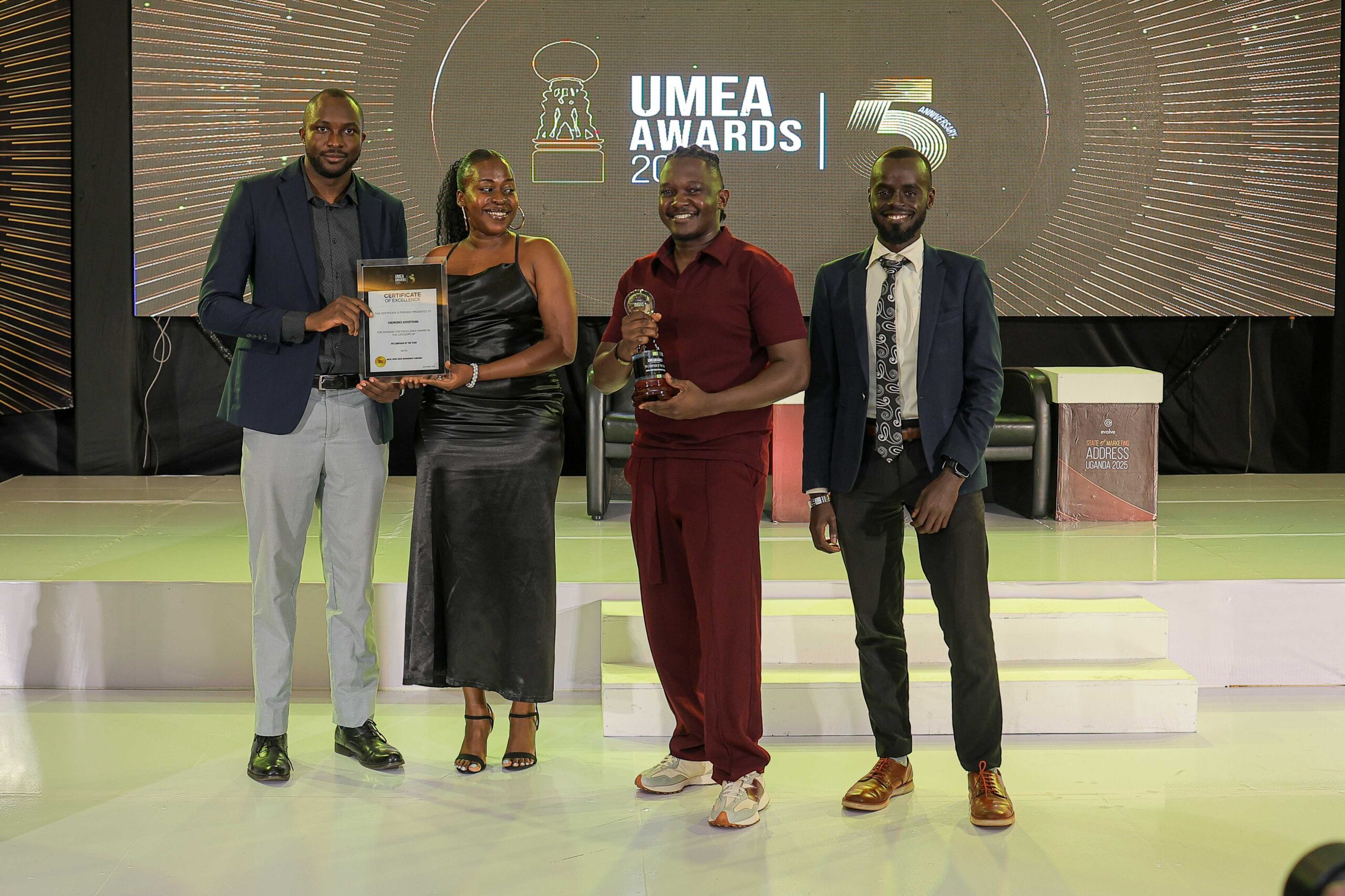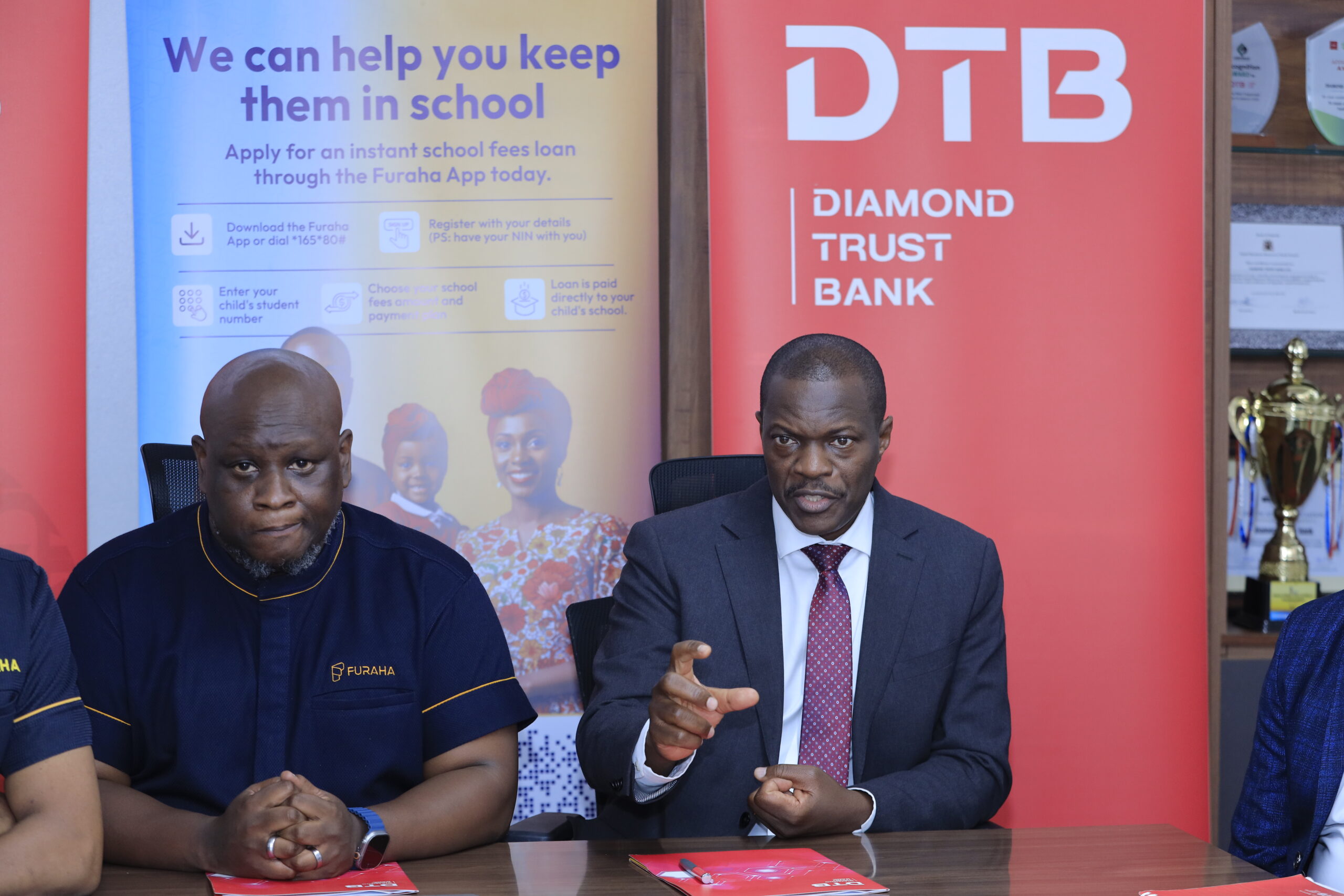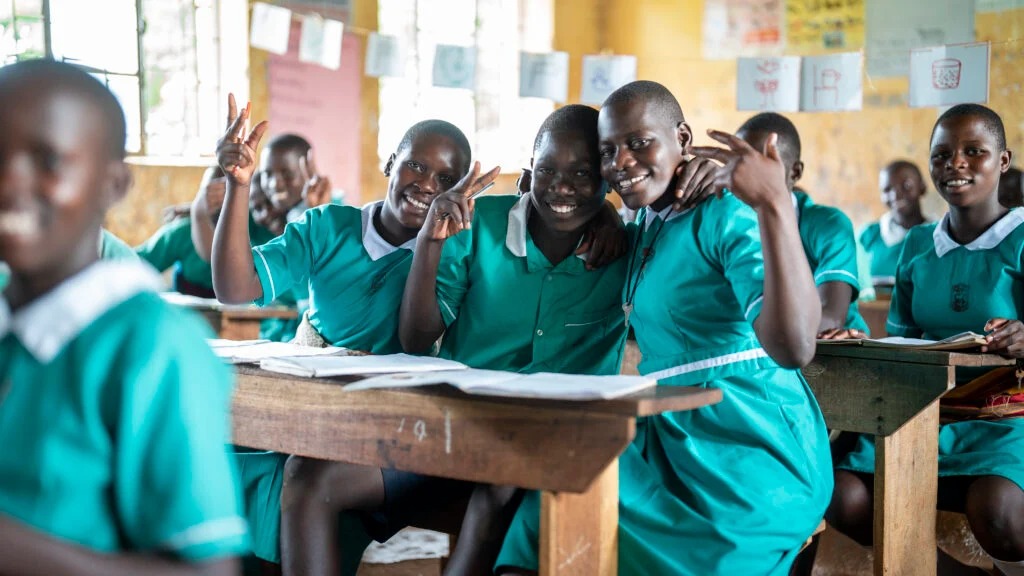A right, not a luxury – Why Uganda needs to invest in Special Needs Education

Photo: Freepik
Despite years of policy promises, Special Needs Education (SNE) in Uganda remains severely neglected and grossly underfunded. While the broader education sector continues to see increases in budget allocations, SNE has been left behind posing serious consequences for thousands of learners living with disabilities.
According to the 2023 UNICEF Mapping Report on Disability-Inclusive Education, Uganda has not significantly increased its education budget for three consecutive years. This is in stark contrast to countries like Kenya, which have raised education spending to nearly 6% of their GDP, as recommended under Sustainable Development Goal (SDG) 4.5.
Yet here in Uganda, the government still allocates less than 1% of the education budget to SNE; well below the recommended 5–10% needed to deliver quality, inclusive education for all.
Budget Growth, but still no room for SNE
It’s worth noting that the overall education budget has grown significantly from UGX 1.16 trillion in FY 2023/24 to UGX 4.76 trillion in FY 2025/26. However, a closer look at the numbers tells a disappointing story for special needs learners.
According to the Auditor General’s 2023 Value for Money Audit, government funding for SNE currently stands at UGX 22,000 per term for primary learners and UGX 192,500 per term for secondary learners. In contrast, the recommended amounts are UGX 2.9 million and UGX 3 million per year, respectively.
This gross underfunding means that schools can’t afford even the most basic learning materials such as wheelchairs, braille machines, and embossing paper. For example, one primary school learner requires at least one ream of paper per term, while a secondary school learner needs 10 reams. When these materials are unavailable, learners are left behind, unable to engage fully in class.
Barriers beyond the classroom
The problem extends far beyond materials. Infrastructure, access, and social stigma continue to marginalize children with disabilities.
The same audit revealed that 16% of children aged 6–12 require special support to learn. However, only 5% are enrolled, and in the districts audited, just 1.97% of learners were receiving any kind of special needs assistance.
Classroom overcrowding is another crisis. In Mbale School for the Deaf, the teacher-to-student ratio stands at 1:212, while in Makhai Primary School, it is 1:155. The recommended ratio is 1:5 for deaf learners. These conditions make meaningful learning nearly impossible and contribute to Uganda’s high dropout rates among children with disabilities.
Geographical access also plays a role. 90% of SNE schools are located in urban areas, often charging unaffordable boarding fees, leaving rural and hard-to-reach communities excluded. Families are forced to choose between financial survival and their child’s education. Worse still, the societal stigma around disability adds another layer of isolation.
An economic and social cost
Failure to invest in special needs education today will cost Uganda dearly in the future. When children with disabilities drop out of school due to poor support, they are more likely to face poverty, unemployment, and dependency later in life.
This also increases their vulnerability to violence and exploitation. According to the Uganda Bureau of Statistics’ National Survey on Violence, 61% of women with disabilities reported experiencing violence compared to 43% of women without disabilities. Educational attainment matters here: women with no or only primary education were significantly more likely to face violence than those with higher education levels.
What needs to change
Uganda’s Persons with Disability Act, 2020 clearly states in Section 6(5) that government-owned learning institutions must provide assistive learning materials required by learners with disabilities. Yet, this legal obligation remains largely unmet.
It’s time for real action not just policy on paper.
The government must increase the SNE budget to meet the recommended threshold, ensure equitable distribution of assistive learning materials, train more qualified SNE teachers and reduce class sizes, expand SNE services to rural and underserved regions, strengthen awareness and inclusion to break social stigma, and build partnerships with civil society, donors, and communities to foster inclusive education.
Special Needs Education is not a luxury. It is a right, and one that Uganda can no longer afford to ignore.






Great write up with lots of insights